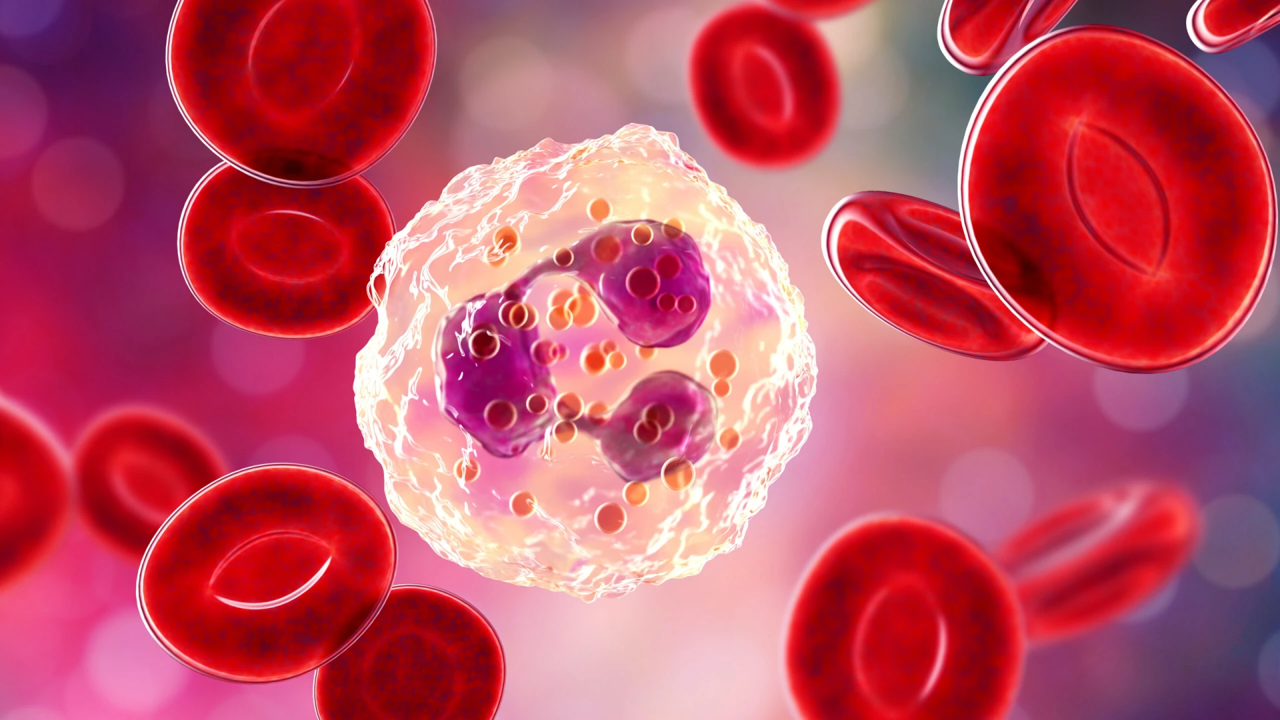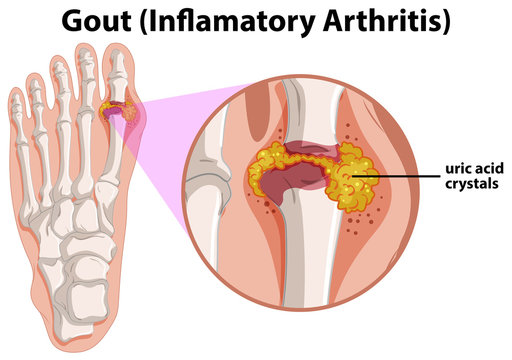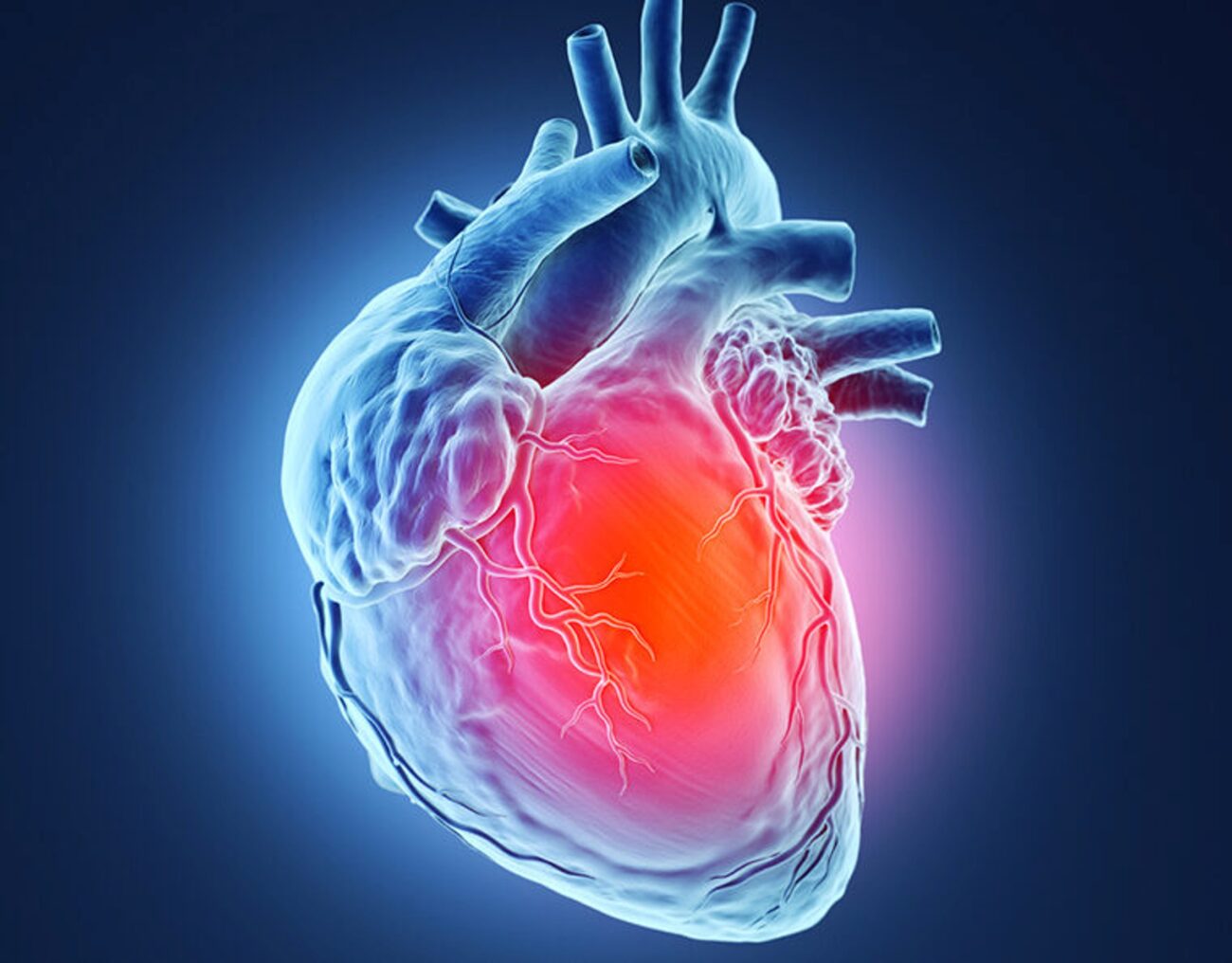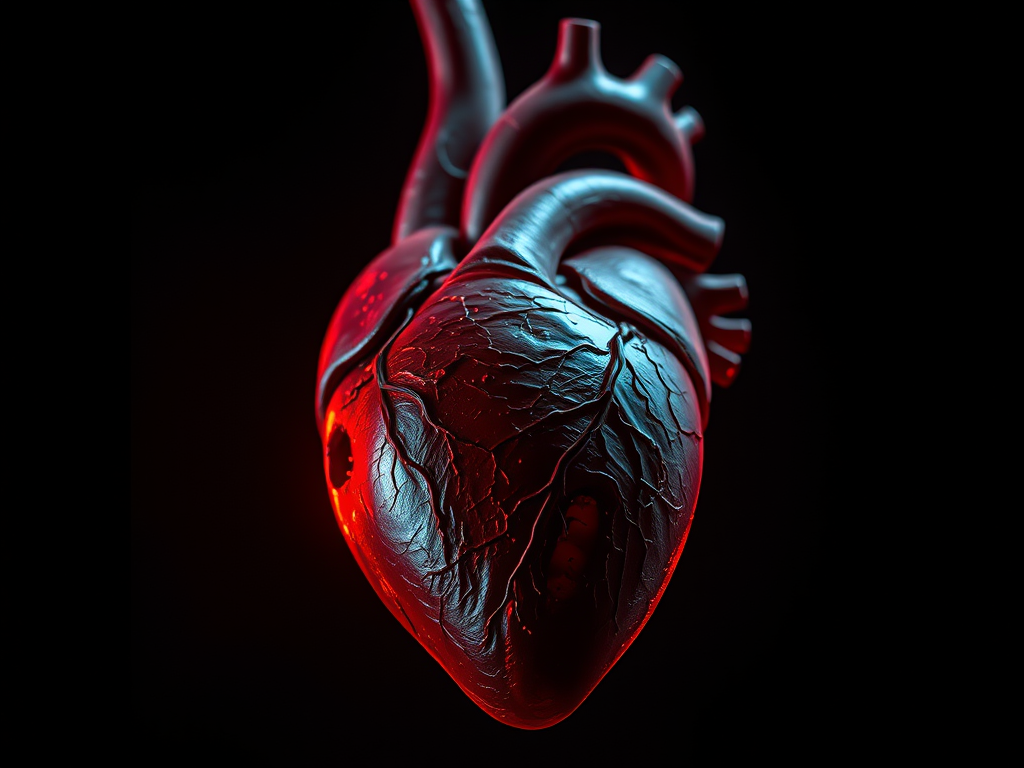DEFINITION: Chronic inflammation is defined as a prolonged process in which tissue destruction and inflammation occur at the same time.
Causes-
1. Chronic inflammation following acute inflammation
2. Recurrent attacks of acute inflammation
3. When the infection with organisms of low pathogenicity is chronic from the beginning, e.g. tuberculosis.
Features of chronic inflammation
- MONONUCLEAR CELL INFILTRATION- Chronic inflammatory lesions are infiltrated by mononuclear inflammatory cells like phagocytes and lymphoid cells. These cells appear at the site of inflammation.
- TISSUE DESTRUCTION OR NECROSIS- Activated macrophages cause necrosis.
- PROLIFERATIVE CHANGES- proliferation of small blood vessels occurs.
This results in the formation of granulation tissue that will ultimately lead to tissue destruction.
Detection – Using hemogram and checking blood levels. There are specified limits for TLC, WBC count, etc. that are checked by doctors to diagnose inflammation.
Once inflammation is detected, the patient is asked about the area of pain to detect the organ in which inflammation is taking place. Various scans are performed to find out destructing tissue.
SYSTEMIC EFFECTS OF CHRONIC INFLAMMATION
→ Fever
→ Anemia
→ Elevated ESR
→Leukocytosis
Two types of Chronic inflammation
- Chronic non-specific inflammation
- Chronic granulomatous inflammation
REFERENCE
Harsh Mohan; Text book of Pathology; 6 th edition; India; Jaypee Publications; 2010








